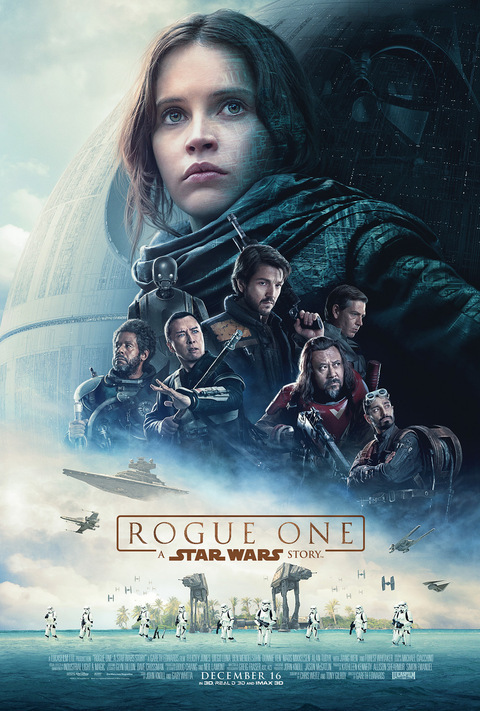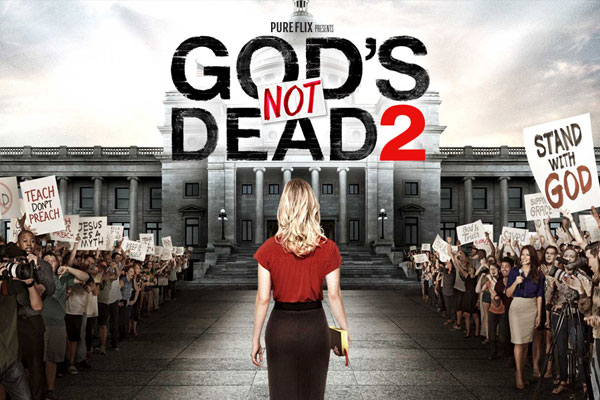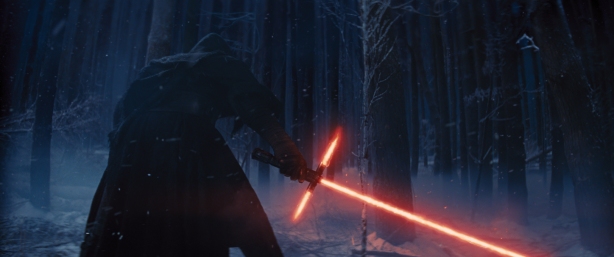 Gladiators, football players, and actors – what do they all have in common? Coliseums. In ages past, thousands upon thousands would flock to them to witness gladiators battle to the death. Whenever the Fall is upon us, people flock to them to cheer on their favorite team. And, throughout the course of the year, people of all ages show up in droves to be transported to another world through the medium of film.
Gladiators, football players, and actors – what do they all have in common? Coliseums. In ages past, thousands upon thousands would flock to them to witness gladiators battle to the death. Whenever the Fall is upon us, people flock to them to cheer on their favorite team. And, throughout the course of the year, people of all ages show up in droves to be transported to another world through the medium of film.
Theaters are modern-day coliseums that cater to a wider variety than the coliseums of old. These coliseums can feature a loving story through a drama or chick-flick. They can take us on an adventure to Middle Earth or Mars. They can even take us back in time to witness the gladiatorial events of ancient Rome or cheer on historic teams in football lore.
The movie theater is the one-size-fits-all coliseum. The many genres on display at the local theater tug on the various heart-strings of humanity, making it a coliseum that caters to the rich and the poor. Man, woman, and child. Cutting across races; it’s a place that draws people from all backgrounds – around the globe.
The King of the Coliseum
So, what exactly is it about King Kong that draws people to the coliseum of our time? A little over a decade ago, Peter Jackson released his rendition of the mythical King of Skull Island. And, in the 70’s movie-goers saw a “modernized” rendition of the 1933 classic. This doesn’t even include the sequels and B-movie versions of the mighty Kong. Needless to say, this is a fairly popular story that has been resonating with audiences dating back to the 1930’s.
What is it about a story of a giant gorilla that sends audiences flocking to the local theater? Without a doubt, fantasy plays a major factor. People love to be transported to a place and time that offers them some reprieve from their own.
There’s also the notion of immensity and humanity’s desire to stand in awe of something larger than life. We see the earliest signs of this with the Tower of Babel and maybe have modern manifestations of this seen in the Empire State Building or the Eiffel Tower. Even the vastness of oceans or the mountain peaks of Everest touch on mankind’s desire for immensity – perhaps Kong feeds that?
However, I think there’s another desire King Kong feeds. A desire that points us back to the coliseums of old.
Kong’s Coliseum
In this latest tale of the massive gorilla, Kong: Skull Island, we meet a crew of scientists with conflicting desires to discover an uncharted island. However, their desires of discovery and pride are just as conflicting as Senator Willis (Richard Jenkins) who sets them up with the conflicted Lieutenant Preston Packard (Samuel L. Jackson).
The even-keeled tracker, James Conrad (Tom Hiddleston) and anti-war photographer, Mason Weaver (Brie Larson), join the doomed crew embarking into uncharted territory. When a massive storm threatens to cut their journey short, Bill Randa’s (John Goodman) pride drives the crew of military and scientists into said storm. After a few harrowing encounters with intense lightening, rain, and wind, they become the only humans – or so they think – on God’s green earth to behold a new territory.
It doesn’t take these explorers long to realize that this new land should have remained unexplored. As a massive palm tree comes crashing through a helicopter and the crew beholds the gigantic Kong, they realize the previous storm was a cakewalk compared to this new terror. When the dust settles from the first encounter with Kong, the separated crew tallies up the casualties and arrives at a new objective – survival.
What becomes quickly apparent is that Kong isn’t the sole threat to this new objective. Threats from above and below – in the air, underwater, and on land. While these explorers sought to discover a new land, new terrors become an ever-present discovery. In these new terrors, I began to focus on the various sins that fill the seats in the coliseum of my heart.
The Coliseum of the Human Heart
A scripture that continues to resonate with me is Jeremiah 17:9, “The heart is deceitful above all things and beyond cure. Who can understand it?” This Scripture serves as a barometer for why we do the things we do. Why did you say that? Think that? Do that? It can help us understand why we dress the way we dress, listen to the music we listen to, or watch the movies we watch.
While many can read this verse and think – What a downer! – I find it to be a gracious verse in God’s Holy Word. It’s clarifying. It helps me understand my broken heart and points me to the Cure the verse is in search of. It helps me know what I need to repent of and what to ask the Spirit for.
And, it is this verse that helps me connect the dots from the coliseums of old, the coliseum that is Skull Island, and the coliseum of my own heart – violence.
We know that sin causes violence. God’s gracious act to cover Adam and Eve in the Garden required violence – an animal slaughtered for clothing. Not too long after, Cain murders Abel. Violence did not exist pre-Fall, but it has been with mankind ever since.
If I’m honest, this is part of the reason I went to see Kong: Skull Island. Maybe it’s why you went or want to go? There’s something about the fallen human heart that longs for violence. One only needs to watch the trailer for Kong to discover what the film is catering to – action, adventure, thrills, and violence (it does have a pretty awesome soundtrack for the classic rock lovers out there).
While there are many elements expected, the audience knows it will see violent acts. No one walks out of a movie about a ginormous gorilla and shockingly states, I just didn’t know it was going to be filled with such violence! No. Movie-goers know there will be violence and will be disappointed if there isn’t enough. To be sure, there may be some who look away, but maybe they peer through those fingers that cover their eyes? If not, there’s part of them that wants to.
Closing the Coliseum
This post isn’t arguing that Christians must abstain from all violent movies, but it is telling us to exercise caution. Some should abstain, others may have the freedom to enjoy a film like Kong. The point is, the fallen human heart longs for violence and many of the films we watch cater to that.
That being said, violence is coming to an end. One of the most graphic acts of violence in all human history put an end to all violence for all eternity. A bloody cross crucified the lust for blood that’s in humanity’s heart. While the gladiatorial coliseums have been closed for centuries, there is a day coming when the fallen coliseum of the human heart will come crumbling down.
 In order to make your Valentine’s weekend complete, cinemas will be releasing Fifty Shades Darker – the second installment in the Fifty Shades of Grey franchise. I know, what more can Christians say about Fifty Shades of Grey? Post-after-post was written last year as the initial installment hit screens and shattered box-office expectations (it grossed well over $500 million). Christians rose up and covered the blogosphere with heavy admonitions urging Christians to abstained from the film, which I couldn’t agree more.
In order to make your Valentine’s weekend complete, cinemas will be releasing Fifty Shades Darker – the second installment in the Fifty Shades of Grey franchise. I know, what more can Christians say about Fifty Shades of Grey? Post-after-post was written last year as the initial installment hit screens and shattered box-office expectations (it grossed well over $500 million). Christians rose up and covered the blogosphere with heavy admonitions urging Christians to abstained from the film, which I couldn’t agree more. Passengers accomplishes something reminiscent of Cast Away and I Am Legend – the need for fellowship.
Passengers accomplishes something reminiscent of Cast Away and I Am Legend – the need for fellowship.
 I wasn’t too excited about this film. To be more accurate, I was initially excited about this film, but I didn’t carry the excitement into the theater that I had with The Force Awakens. Some of that is due in part to that fact that I intentionally avoided any trailers or discussion about Rogue One. All of that to say, I wasn’t overly-excited about the latest installment in the Star Wars canon.
I wasn’t too excited about this film. To be more accurate, I was initially excited about this film, but I didn’t carry the excitement into the theater that I had with The Force Awakens. Some of that is due in part to that fact that I intentionally avoided any trailers or discussion about Rogue One. All of that to say, I wasn’t overly-excited about the latest installment in the Star Wars canon.


 Hello…hello…is this thing on?
Hello…hello…is this thing on?